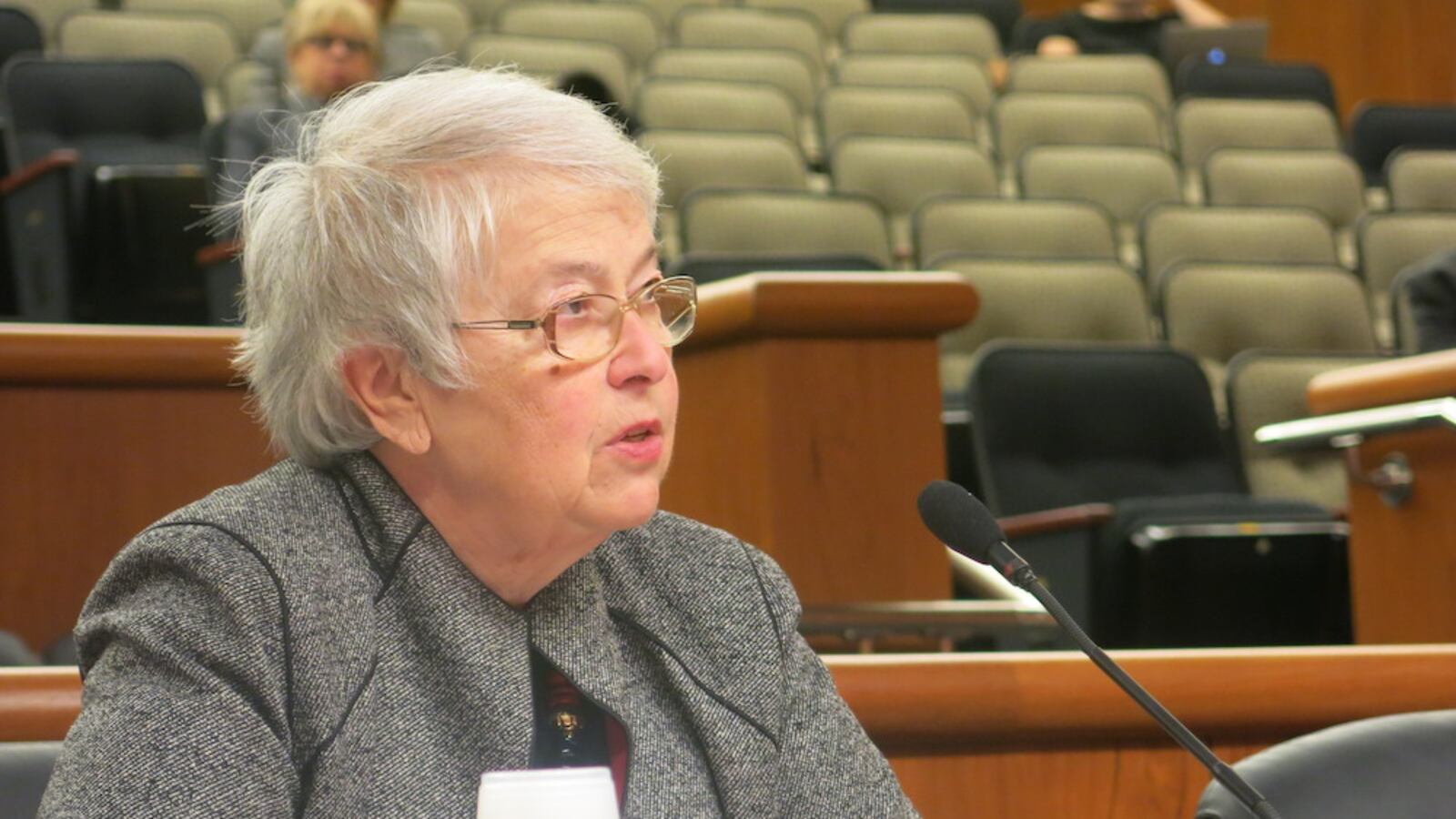Chancellor Carmen Fariña and Gov. Andrew Cuomo agree on at least one education issue this year: the renewal of mayoral control of the city’s school system.
In her testimony to state lawmakers on Cuomo’s budget on Tuesday, Fariña said mayoral control is what has allowed the city to implement many of its most important education initiatives in the last year, from the expansion of pre-kindergarten and after-school programs to the transfer of more power to superintendents. The mayoral-control law is set to expire at the end of June.
“I have seen the extraordinary difference mayoral control can make in our ability to move our school system forward,” Fariña said. “With mayoral control, Mayor Bill de Blasio and I can realize our joint goals of helping our neediest students, turning our struggling schools around, and ensuring that high-quality teachers teach our students.”
While renewing mayoral control was a heated and divisive debate six years ago under Bloomberg, it has largely received bipartisan support so far this year. Gov. Cuomo has said he too wants to see the law renewed, and his budget proposal included language supporting mayoral control in New York City and encouraging other districts to consider it.
The current law gives the city’s mayor the power to appoint a schools chancellor, oversee the system’s $20 billion operating budget, and make decisions about how the city will try to lift student achievement across 1,700 district schools.
The landmark legislation passed in 2002 after Mayor Michael Bloomberg’s election and amid a bipartisan wave of support for dismantling the city’s 32 local school boards, which had been criticized as dysfunctional, costly, and lacking accountability. The mayoral control legislation last expired in 2009, but lawmakers renewed the law with few significant changes.
Below is Fariña’s prepared testimony.

